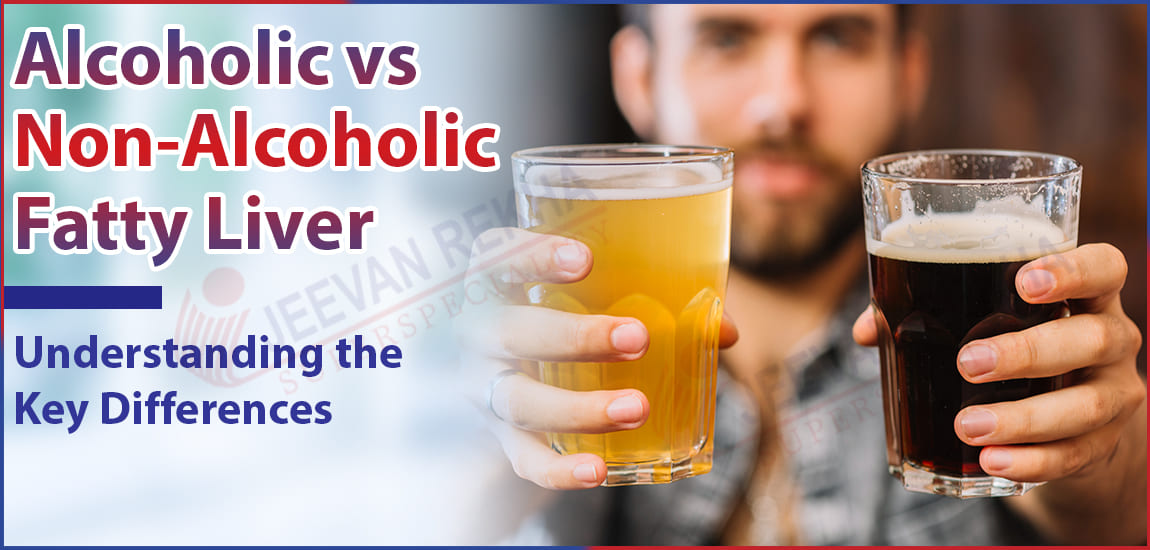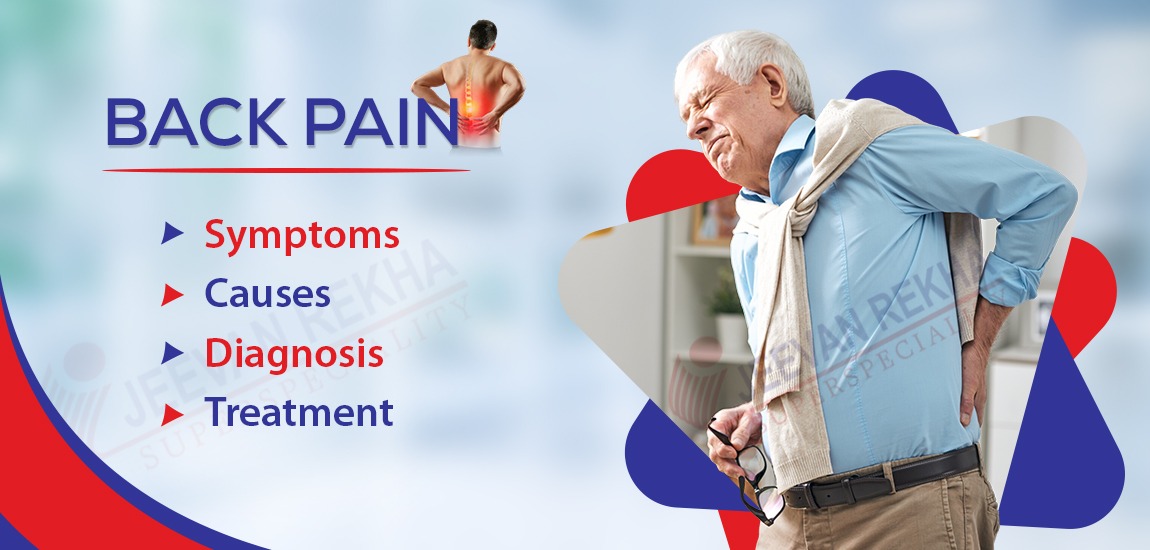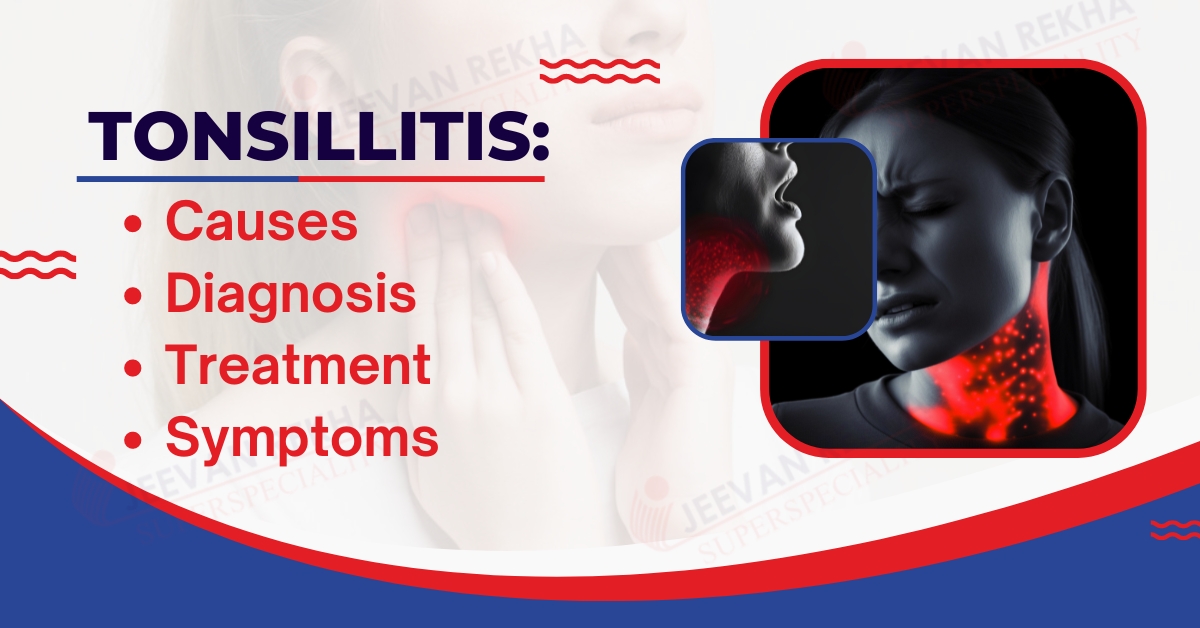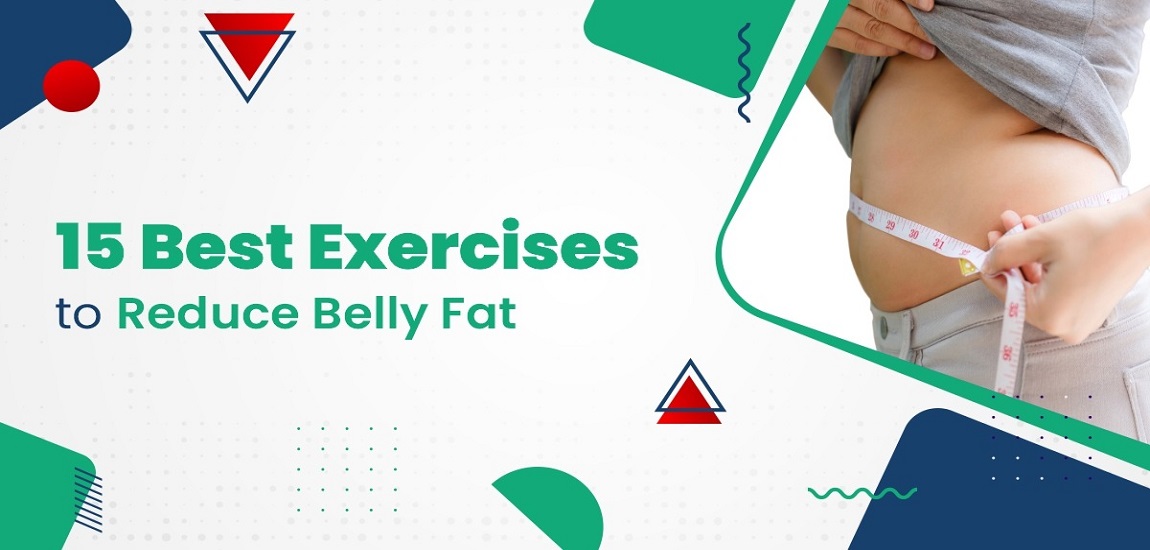
- By Jrsh Admin
- In Health and Tips,
- Posted August 14, 2025
Alcoholic vs. Non-Alcoholic Fatty Liver: Understanding the Key Differences
Introduction: Why It’s Important to Know the Difference
When it comes to liver health, terms like Alcoholic versus Non-alcoholic Fatty Liver come into view. But what really do they mean? Are they synonyms for the same thing, just caused by different agents, or do they somehow affect your body differently?
Knowing about the difference between alcoholic and non-alcoholic fatty liver is very important—not just for treatment, but also for prevention and ensuring long-lasting health. May you be concerned about your very own liver health or simply want to learn more about it, this guide will break all of it down in straightforward and conversational terms.
What Is Alcoholic Fatty Liver Disease (AFLD)?
Let us first get in intimate with the basics. Alcoholic Fatty Liver Disease is characterized by fat accumulation in the liver due to consumption of alcohol in excess. Your liver is the detox center for your body, and alcohol tests its utmost limits.
When one drinks more than what the liver can detoxify, the system starts living in a storage state of fat—inflammation results, which worsens to severe liver complications if left untreated.
Who Is at Risk for AFLD?
Any heavy drinker over time gets interested in developing AFLD, and increased risk factors include:
- Regular drinking (especially binge appreciation)
- Poor nutrition
- Being overweight or obese
- Having a family history of liver diseases
What Is Non-Alcoholic Fatty Liver Disease (NAFLD)?
Occurring among those who drink very little or no alcohol at all, NAFLD is now increasingly considered as a manifestation of metabolic abnormalities like obesity, insulin resistance, or high cholesterol. Through the years, it has started commanding attention as one of the most common causes of chronic liver disease on a global scale, even among the younger population.
Why Does NAFLD Occur?
NAFLD is usually one of a group of symptoms occurring as a larger condition called metabolic syndrome. The components of this syndrome are as follows:
- High blood pressure
- High blood sugar (diabetes)
- Excess belly fat
- Abnormal cholesterol levels
What Is the Distinction Between Alcoholic and Non-Alcoholic Fatty Liver?


You might wonder-if fat accumulation is the common feature in either condition-what sets it apart? Fundamentally, the causative factors are different. The main cause of Alcoholic Fatty Liver Disease (AFLD) is excessive alcohol consumption, whereas Non-Alcoholic Fatty Liver Disease (NAFLD) occurs within individuals who rarely consume alcohol.
It is generally due to lifestyle and metabolic factors, such as obesity, insulin resistance, and poor diet. Without treatment, both of these conditions may potentially result in serious complications, such as liver inflammation, cirrhosis, or even liver failure.
You Can Read Also: Thyroid Disease: What It Is, Causes, Symptoms & Treatment
How Is Fatty Liver Diagnosed?
Often symptoms of fatty liver don’t occur until the disease is advanced, which is why early diagnosis is paramount.
How/Where to Get Diagnosed?
A good starting point is with your primary care physician. Usually, diagnosis involves:
- Blood tests (to look for hepatic enzymes)
- Ultrasound or MRI (to see if there is fat present in the liver)
- Fibroscan or biopsy (to look for advanced liver primitive, if applicable)
Doctors might also want to know about alcohol consumption, lifestyle habits, and family history, to determine whether the Fatty Liver is likely to be alcoholic or nonalcoholic.
Treatment Options for Each Type
Best Treatments for Alcoholic Fatty Liver Disease:
- Stop drinking alcohol completely. This is the most important step.
- Nutrition management - Eating a diet with balanced nutrition (with plenty of fruit and vegetables).
- Vitamin supplementation - Those with AFLD are often low in Thiamine and folate fat liver disease (AFLD).
- Follow up with a doctor - This is particularly important if liver function is impaired.
Best Treatments for Non-Alcoholic Fatty Liver Disease:
- Weight loss - Losing only 5-10% of body weight can positively impact liver fat.
- Perform activity - Generally, at least 150 mins of moderate activity per week excludes than work/commuting.
- Healthy eating - Mediterranean-style diets are often recommended.
- Take care of conditions - Managing pre-existing conditions such as diabetes, high blood pressure, and high cholesterol.
- Currently, there is no FDA-approved drug for NAFLD, but several drugs are currently in clinical trials.
You Can Read Also: Arthroscopy Surgery: Procedure, Benefits, and Recovery
Can Fatty Liver Be Reversed?
- Yes, there exists the possibility of both types of fatty liver disease being reversed, particularly when it is caught early.
- Time Taken for Fatty Liver to Reverse
- Time varies for each individual; however, improvements may be noticed within weeks after one major lifestyle change. Upon cessation of drinking, in the AFLD case, the levels of enzymes may revert to normal within months. Successful weight loss and increased blood sugar control in NAFLD can bring about signs of reduced liver fat within 6 months.
Tips to Keep Your Liver Healthy
Whether you are already diagnosed or just wanting to be preventive against fatty liver disease, here are the best support methods for your liver:
Avoiding excess intake of alcohol-Most can do without it.
- Maintain a healthy weight-Even a slight weight loss counts.
- Eat healthy-Diet should be free of processed sugars, refined carbs, and trans fats.
- Stay physically active-A little movement goes a long way in helping metabolism.
- Hydrate yourself adequately-Water is needed for liver to flush out toxins.
- Be careful with medications-At-home medication can certainly put your liver under stress.
When to See a Doctor?
If you’re having any of these symptoms, make an appointment with your doctor:
- Chronic fatigue (tired despite resting)
- Abdominal pain (especially in the upper, right quadrant)
- Unexplained weight loss
- Yellow skin or eyes (jaundice)
- Swelling in the legs or abdomen
Even in the absence of symptoms, it is wise to check up on your liver if you:
- Drink heavily
- Are overweight
- Have diabetes or high cholesterol
- Have a family history of liver disease
Conclusion: Know the Type, Take the Right Action
At Jeevan Rekha Hospital, Jaipur, we believe that mere awareness is the first step to good health. Knowing the difference between Alcoholic and Non-Alcoholic Fatty Liver Disease is important-not only for treatment but also for prevention and everlasting health. If there is a problem with your liver due to alcohol or lifestyle-related metabolic stuff, timely intervention can save the day.
The expert hepatologist team, dieticians, and lifestyle counselors will be with you from diagnosis to recovery. Let everyone take their liver health seriously. Fatty liver is reversible if detected early, given medical treatment, and a few lifestyle changes.
If your liver is of concern to you, then don't wait for the symptoms to appear. Book your appointment at Jeevan Rekha Hospital and take your first step toward a healthy and strong future.
Tags
Blog Search
Latest Posts
-
Skin Ulcers Uncovered: Causes, Types, Symptoms, and Healing Options
January 13, 2026 -
Is Coconut Water Safe During Pregnancy? Benefits, Risks & Myths
January 08, 2026 -
Dark Circles Under The Eyes: Causes, Home Remedies and Treatments
December 21, 2025 -
बर्ड फ्लू के लक्षण, कारण, उपचार और बचाव के उपाय जानें
December 04, 2025 -
Best Diet Plan for Menopause Weight Management
November 25, 2025




